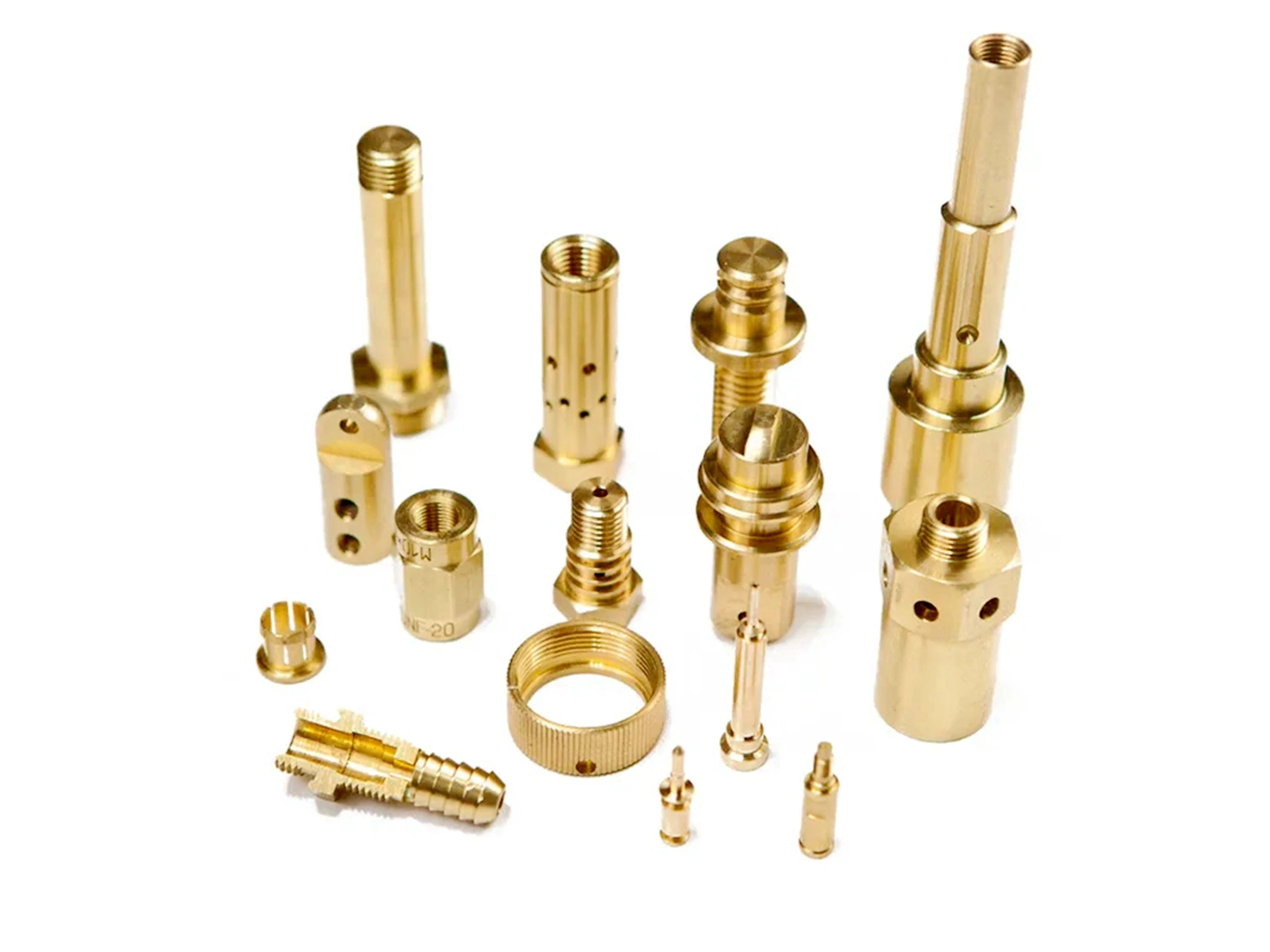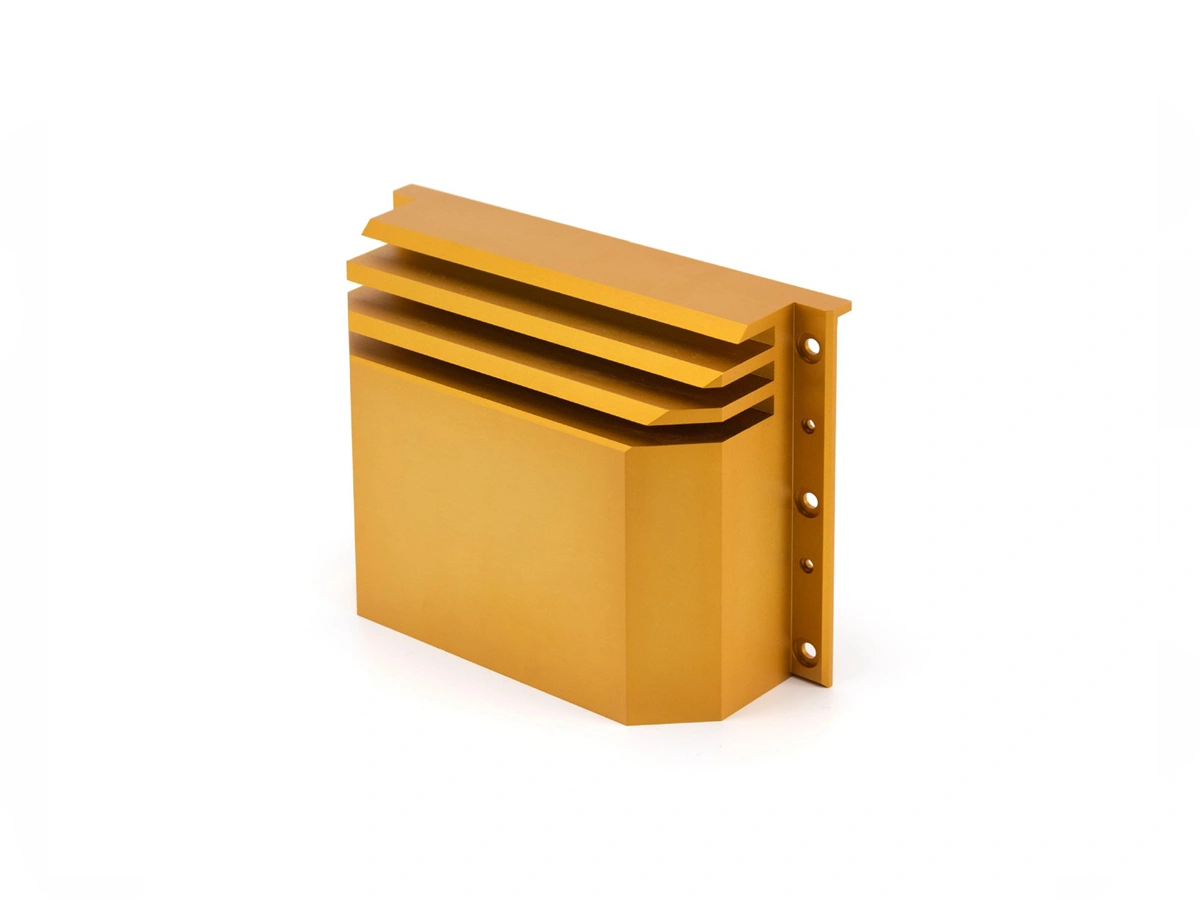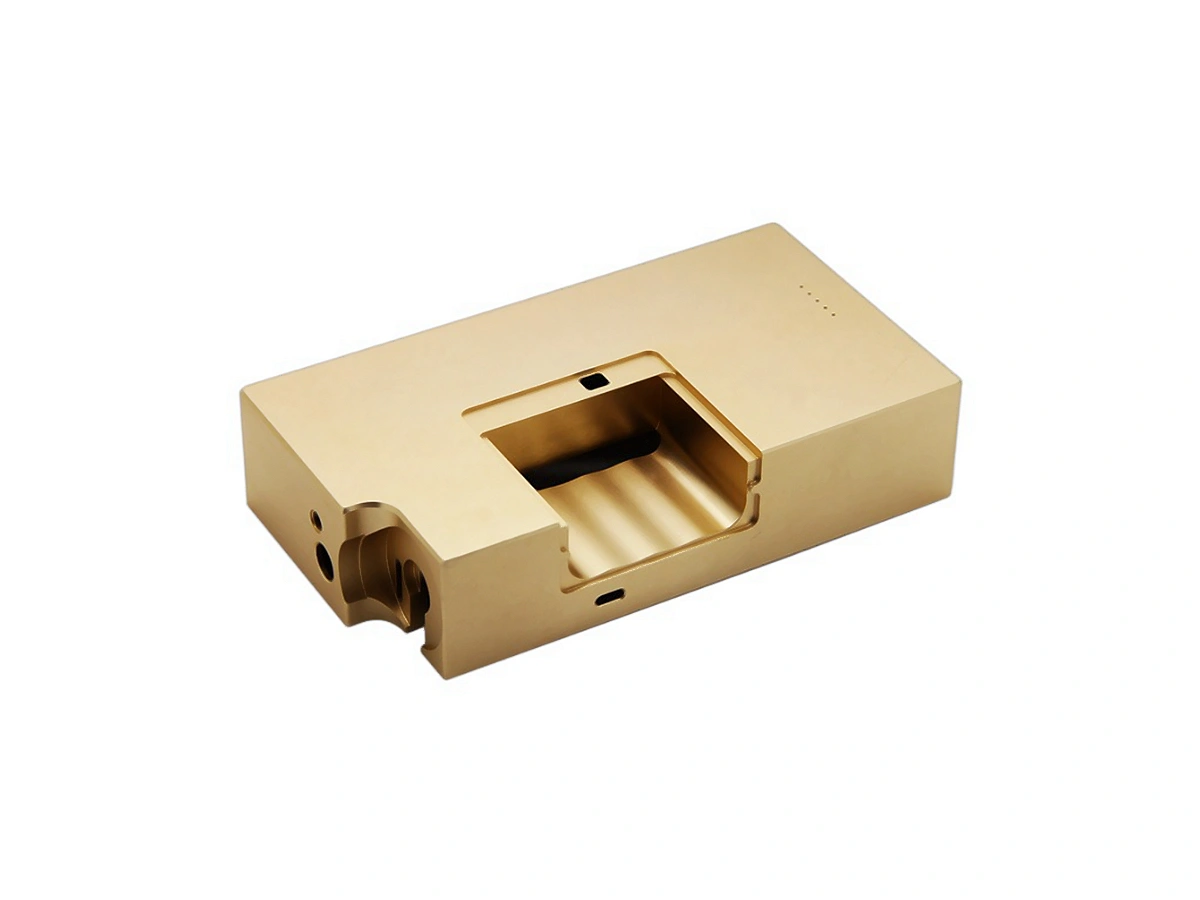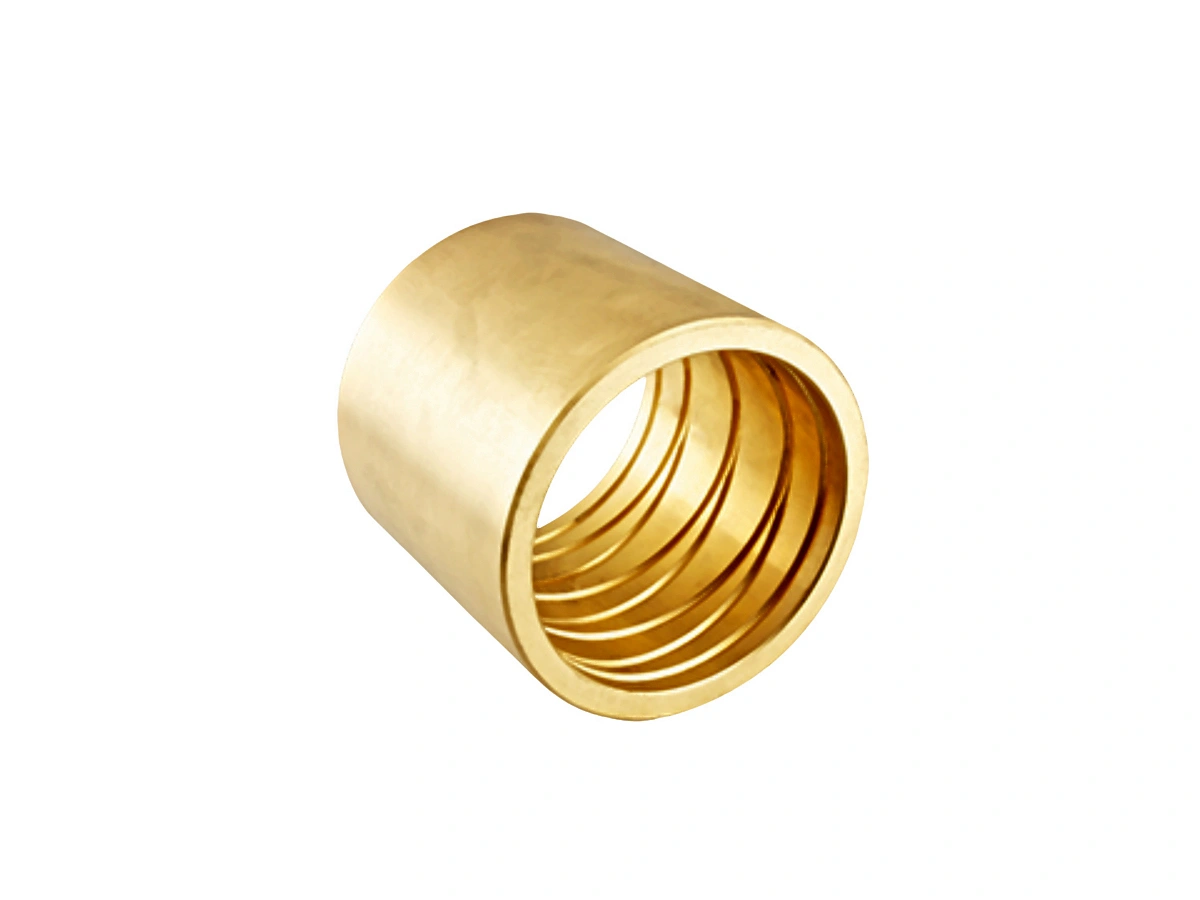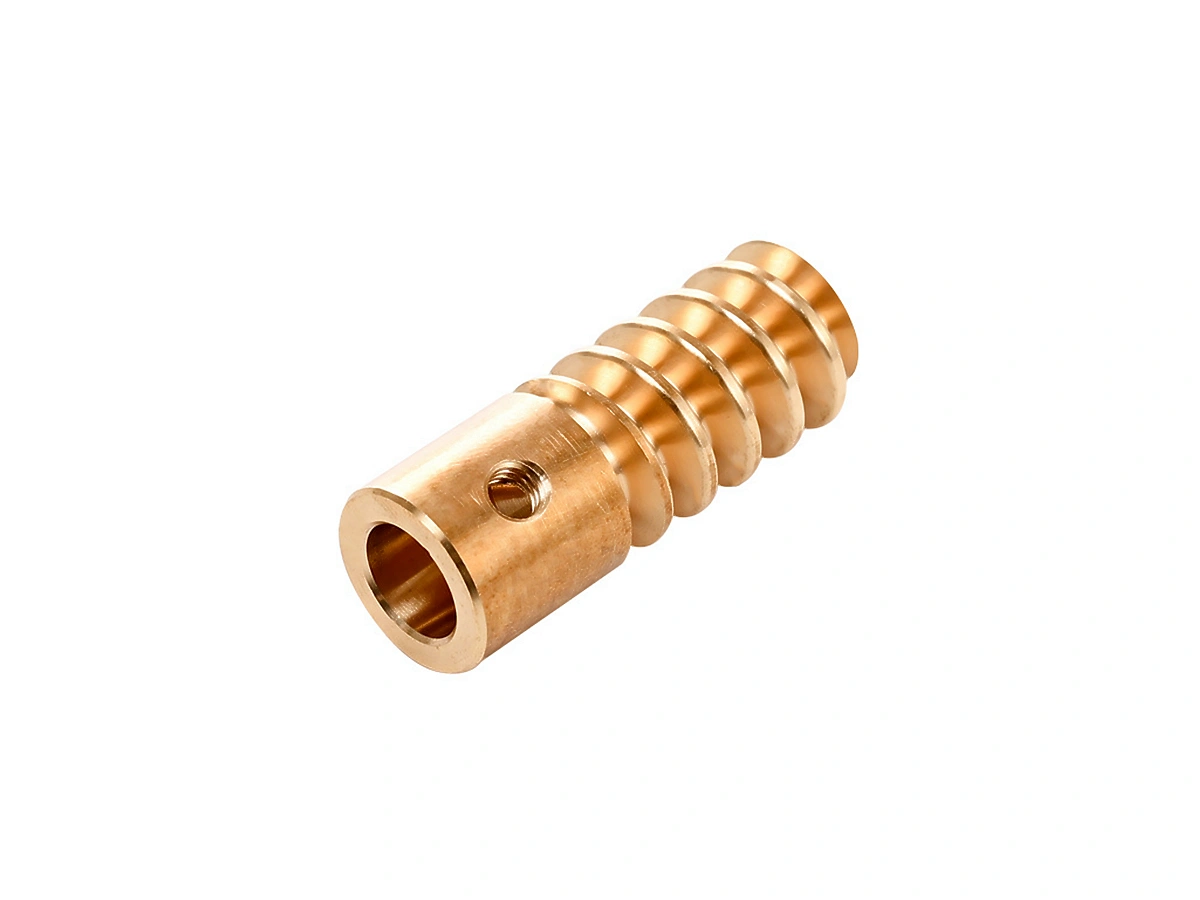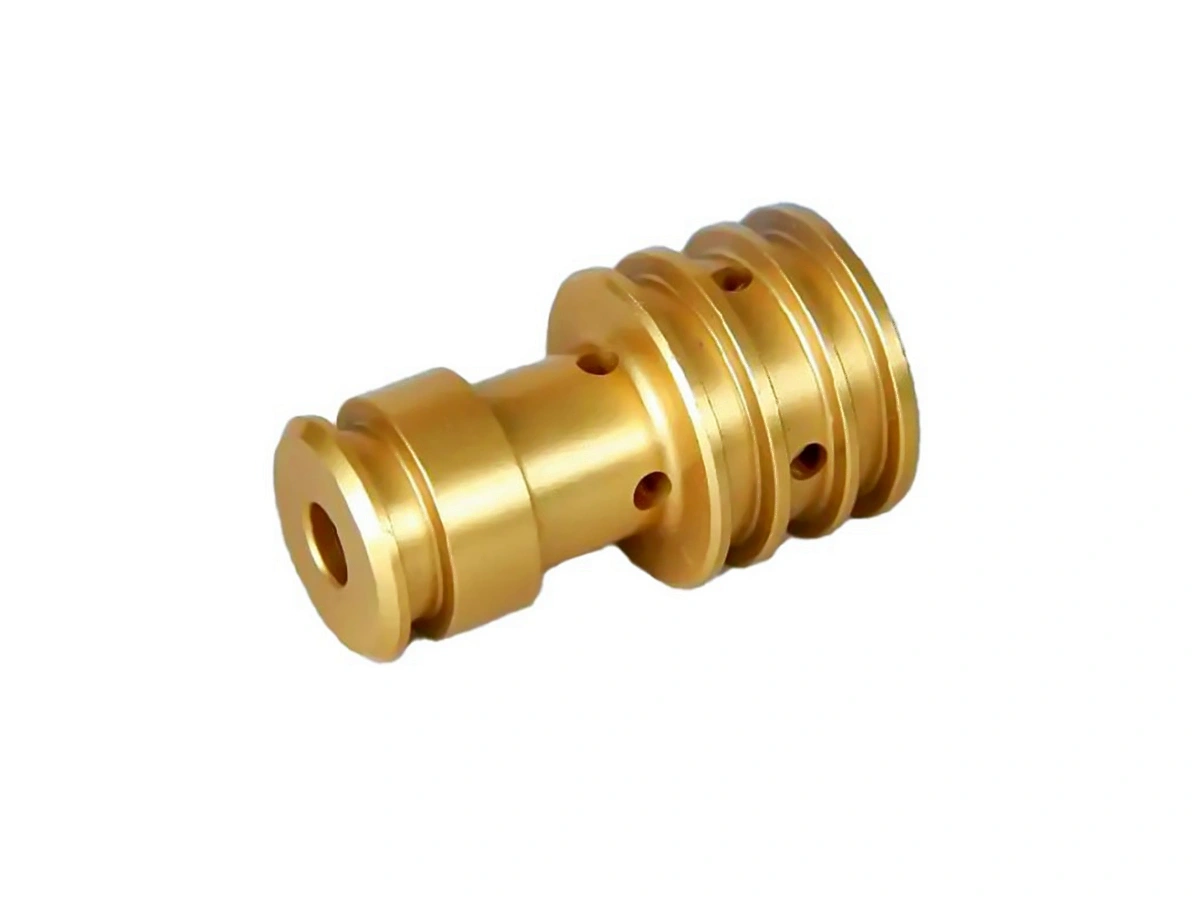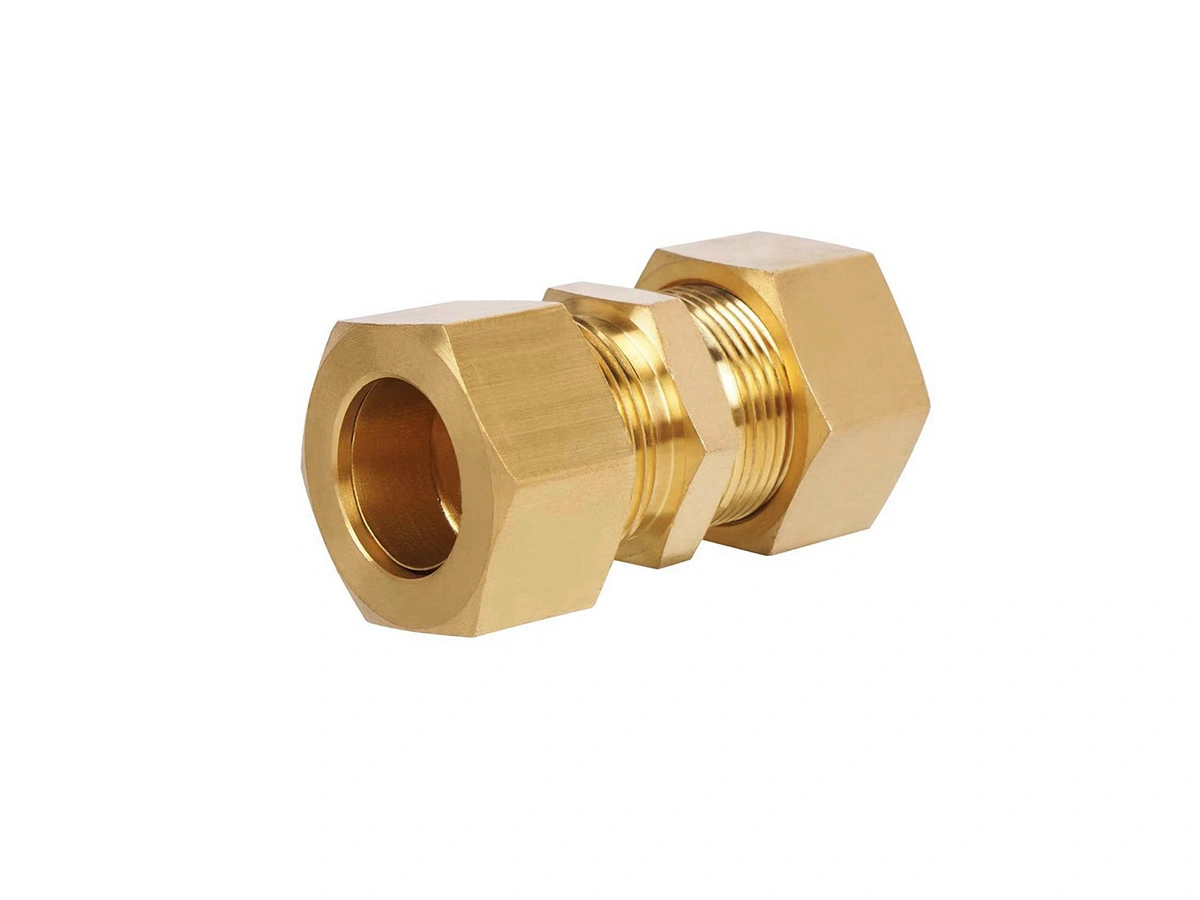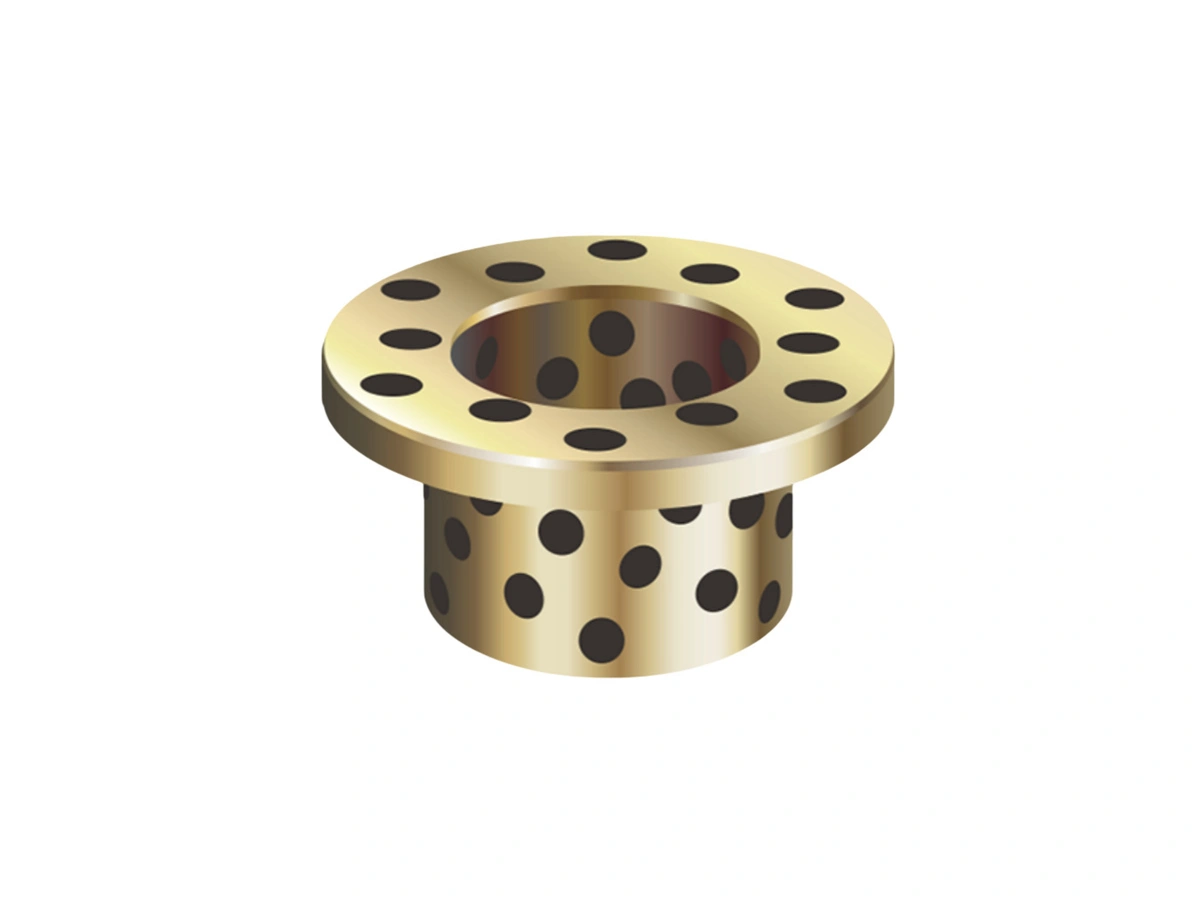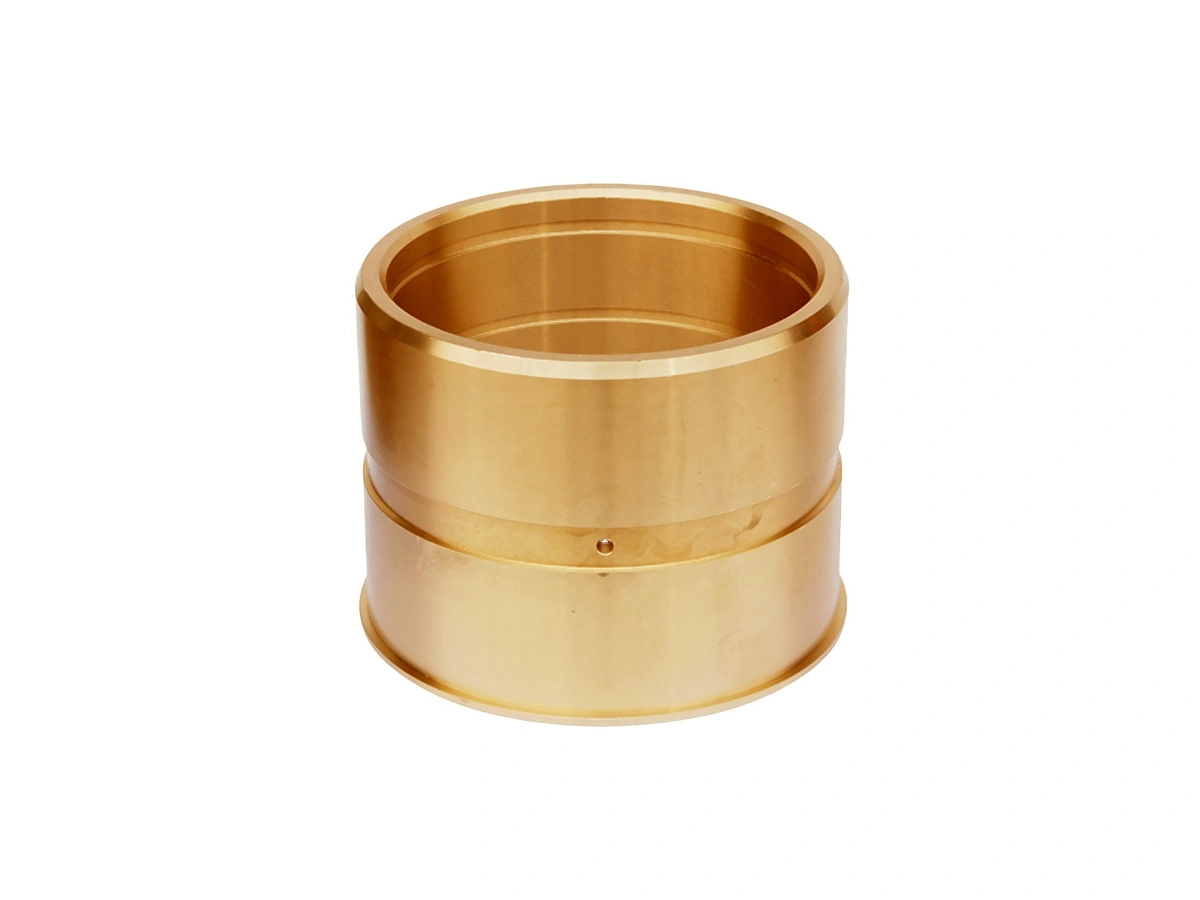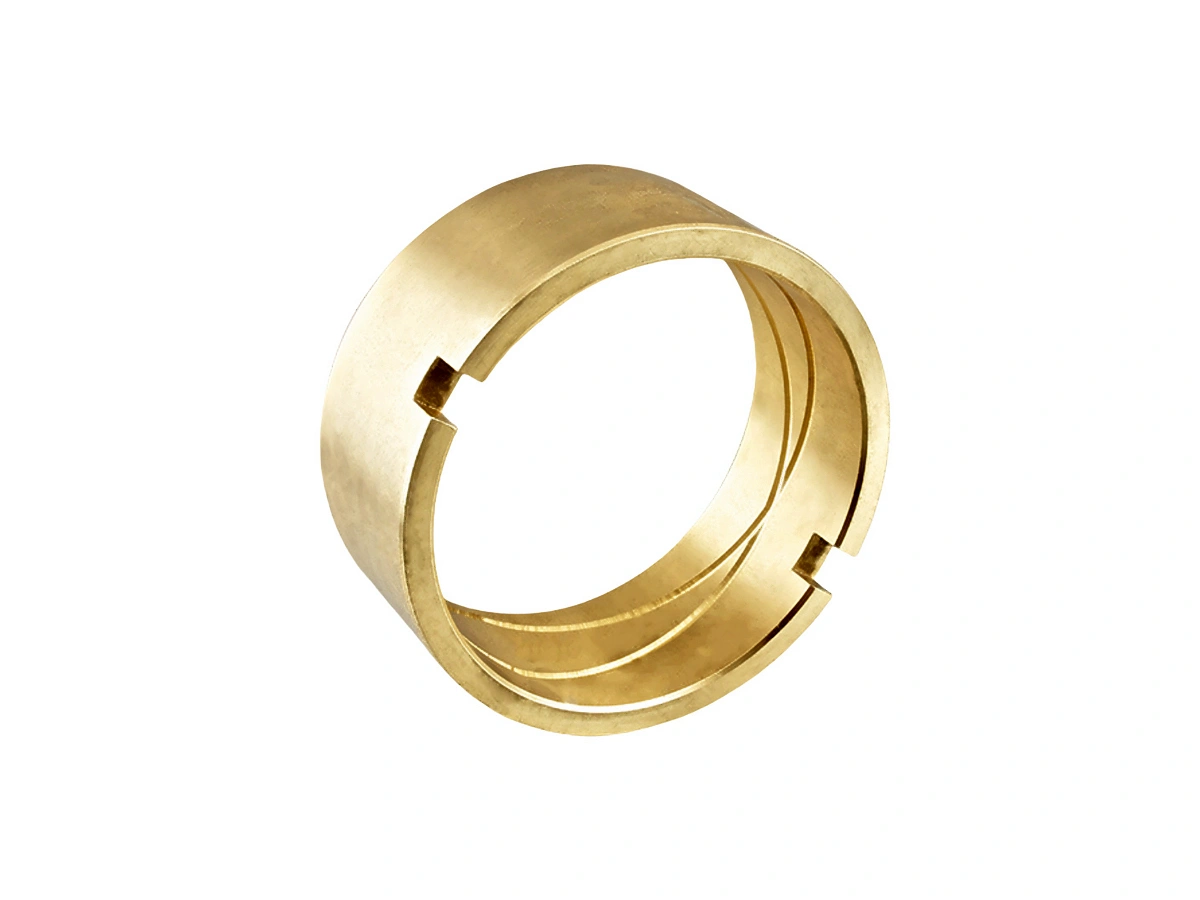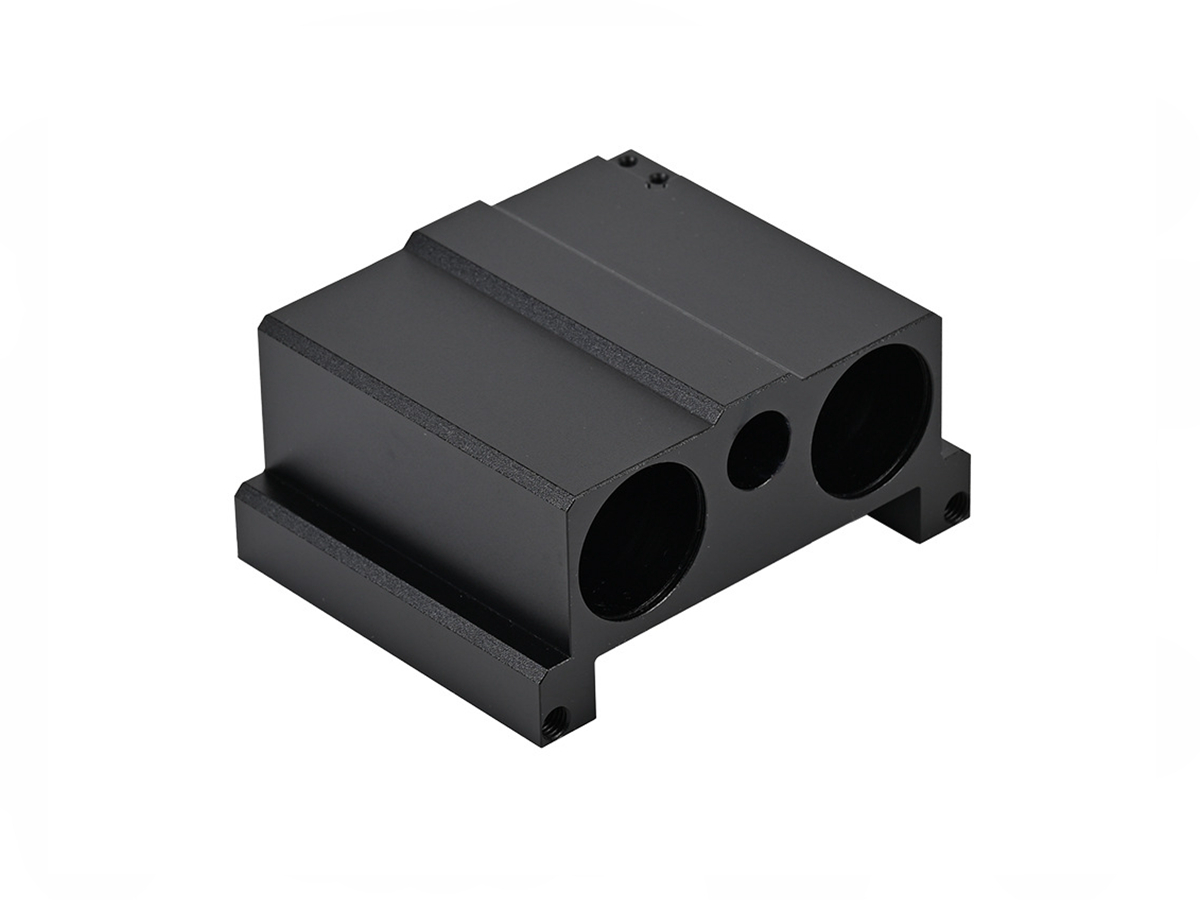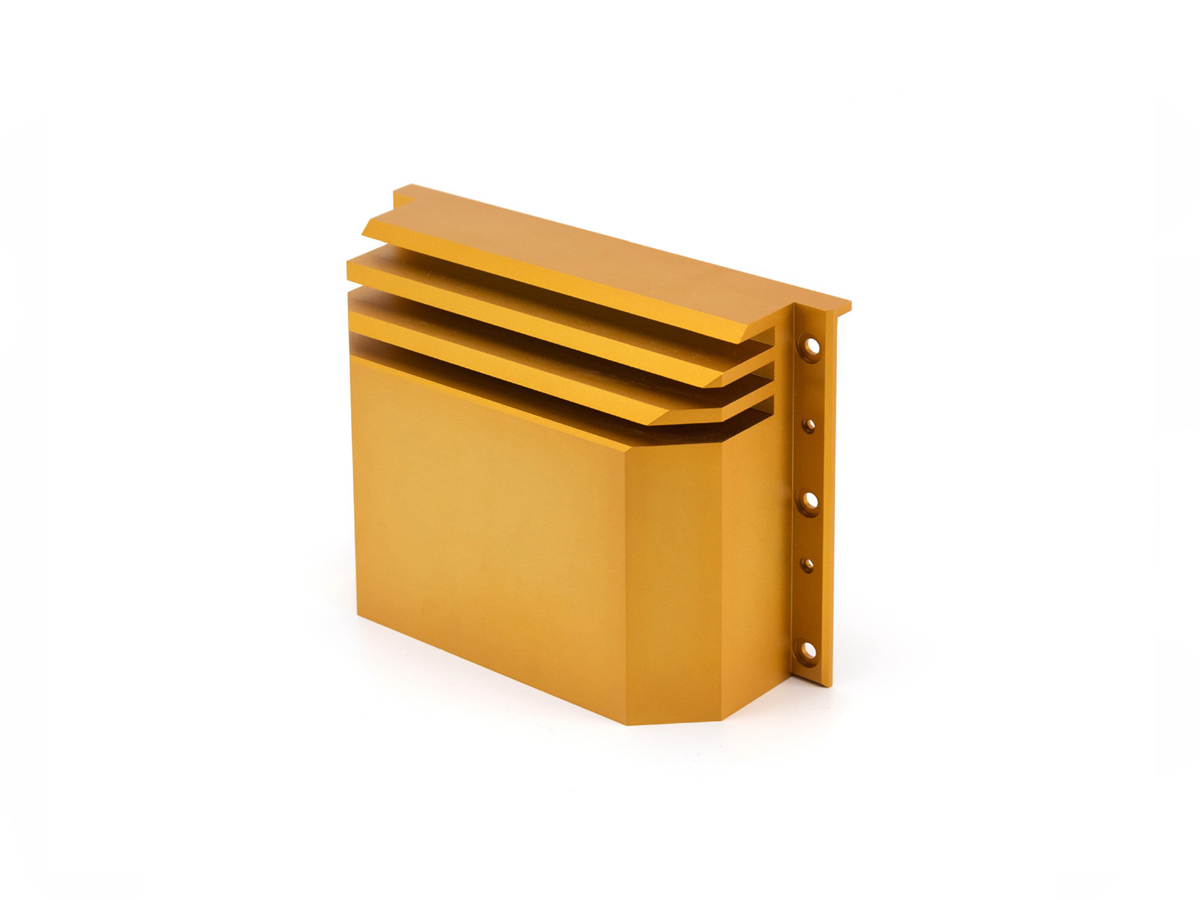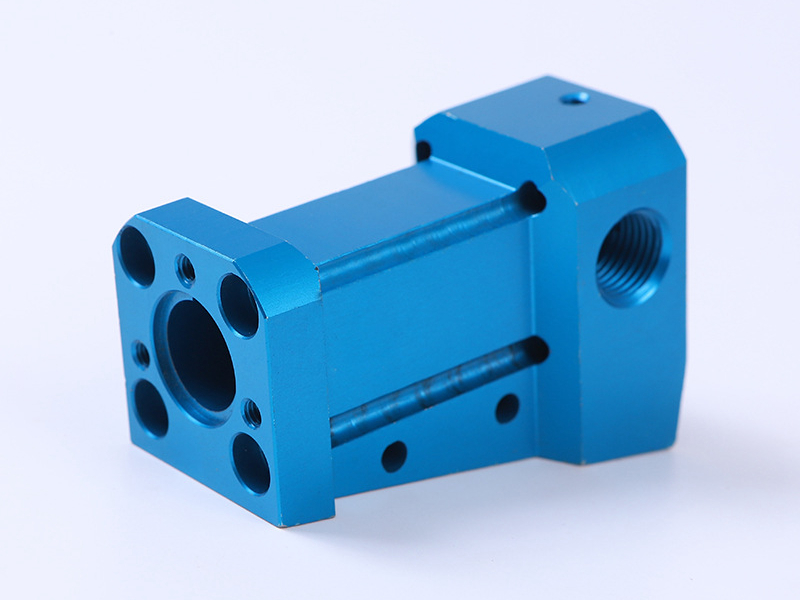Custom Online Copper CNC Machining Service
Our custom online brass CNC machining service offers precision manufacturing of brass components to your specifications. Ideal for various applications, including electronics, automotive, and plumbing, we ensure high-quality, cost-effective parts with fast turnaround times and competitive pricing.
- Brass CNC Rapid Prototyping Service
- Low Volume Brass CNC Machining Service
- Brass CNC Machining Mass Production
- One Stop Brass Machining Service
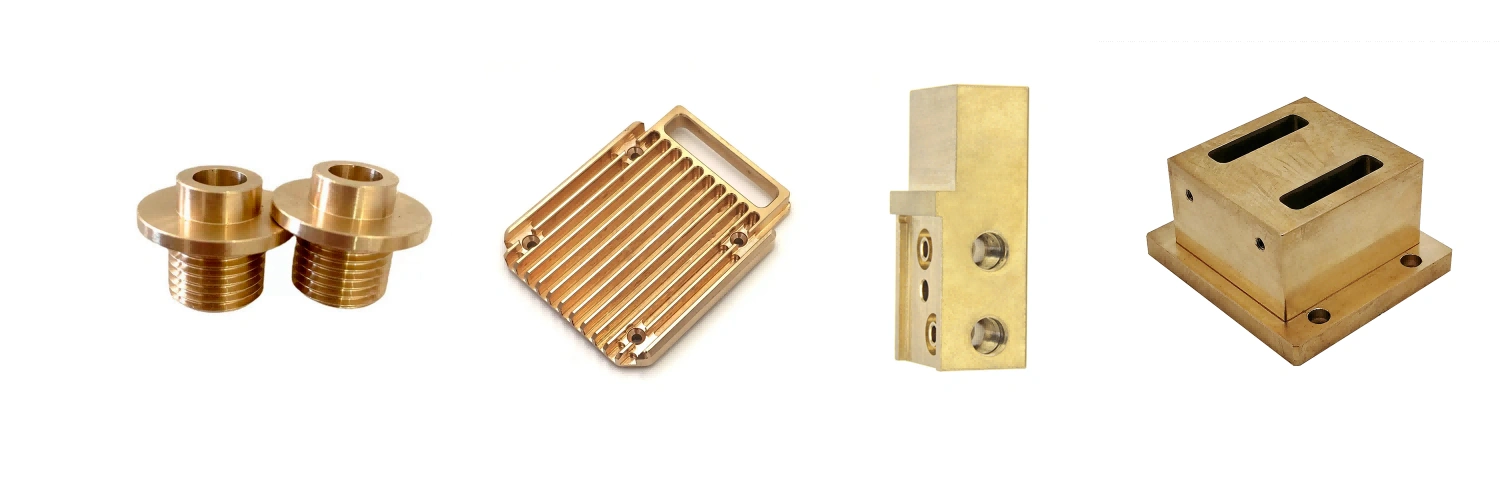
Send us your designs and specifications for a free quotation
All uploaded files are secure and confidential
Know About Brass CNC Machining
Brass CNC machining involves precision manufacturing of brass components with high machinability, offering excellent surface finishes and tight tolerances. It’s commonly used for electronics, automotive, and plumbing parts, combining durability with ease of processing for efficient, cost-effective production.
Typical Brass Alloy In CNC Machining
Typical brass alloys used in CNC machining include C360, C260, C270, and C377, offering excellent machinability, corrosion resistance, and electrical conductivity. These alloys are ideal for producing components like connectors, valves, fittings, and fasteners, with a broad range of industrial applications.
Surface Treatment For CNC Machined Brass Components
Surface treatments for CNC machined brass components, such as electroplating, anodizing, and passivation, enhance corrosion resistance, improve aesthetics, and increase durability. These processes are essential for electronics, plumbing, automotive, and decorative applications, ensuring optimal performance and longevity.
Custom Brass CNC Machining Case Study
This custom brass CNC machining case study showcases the precision and versatility of brass components for specialized applications. The project highlights optimized machining processes, cost-effective solutions, and successful outcomes for industries like electronics, automotive, and plumbing, delivering high-quality parts.
Let's Start A New Project Today
Brass CNC Machining Parameter Suggestion
Brass CNC machining parameters optimize efficiency, tool life, and part quality. Key considerations include spindle power, feed rate, cutting depth, tool material, and coolant type. Adjusting these parameters ensures smooth machining, precise finishes, and consistent results for brass alloy parts.
Tolerance Suggestions for Brass CNC Machining
Tolerance suggestions for brass CNC machining ensure precision, efficiency, and part integrity. Recommended tolerances range from ±0.1 mm for general applications to tighter limits for high-precision components. Considerations include wall thickness, drill size, part dimensions, and production volume for optimal results.
Frequently Asked Questions
Explore Related Resources
Solutions
Copyright © 2025 Machining Precision Works Ltd.All Rights Reserved.
